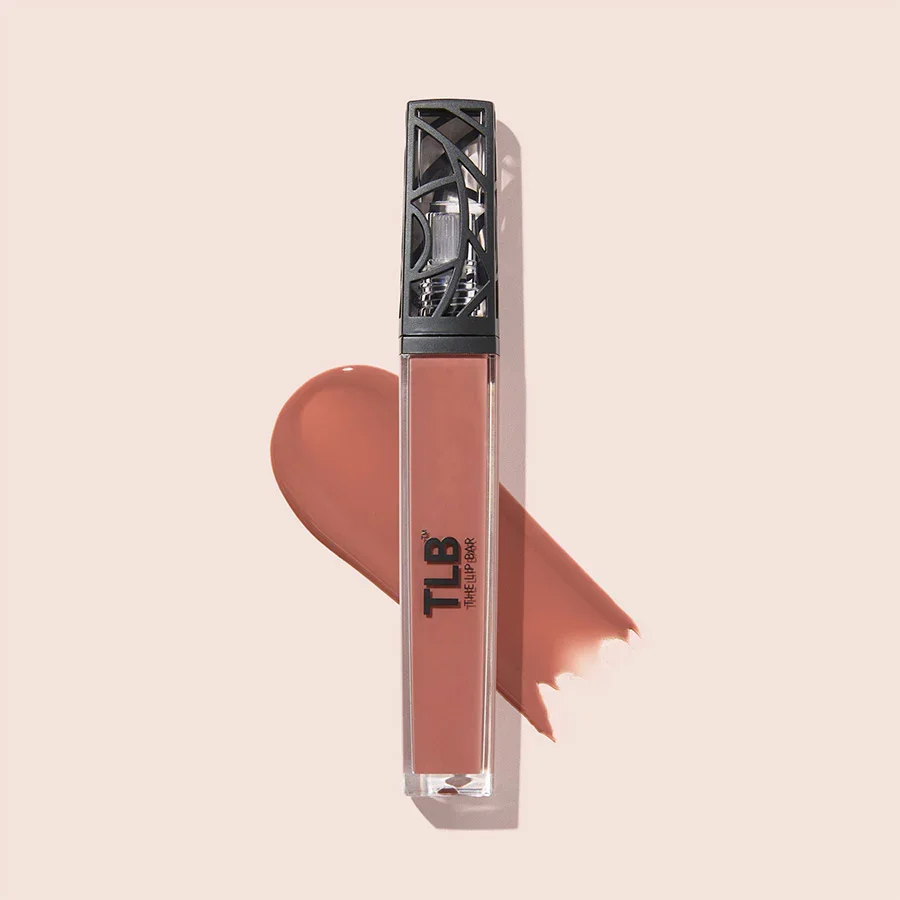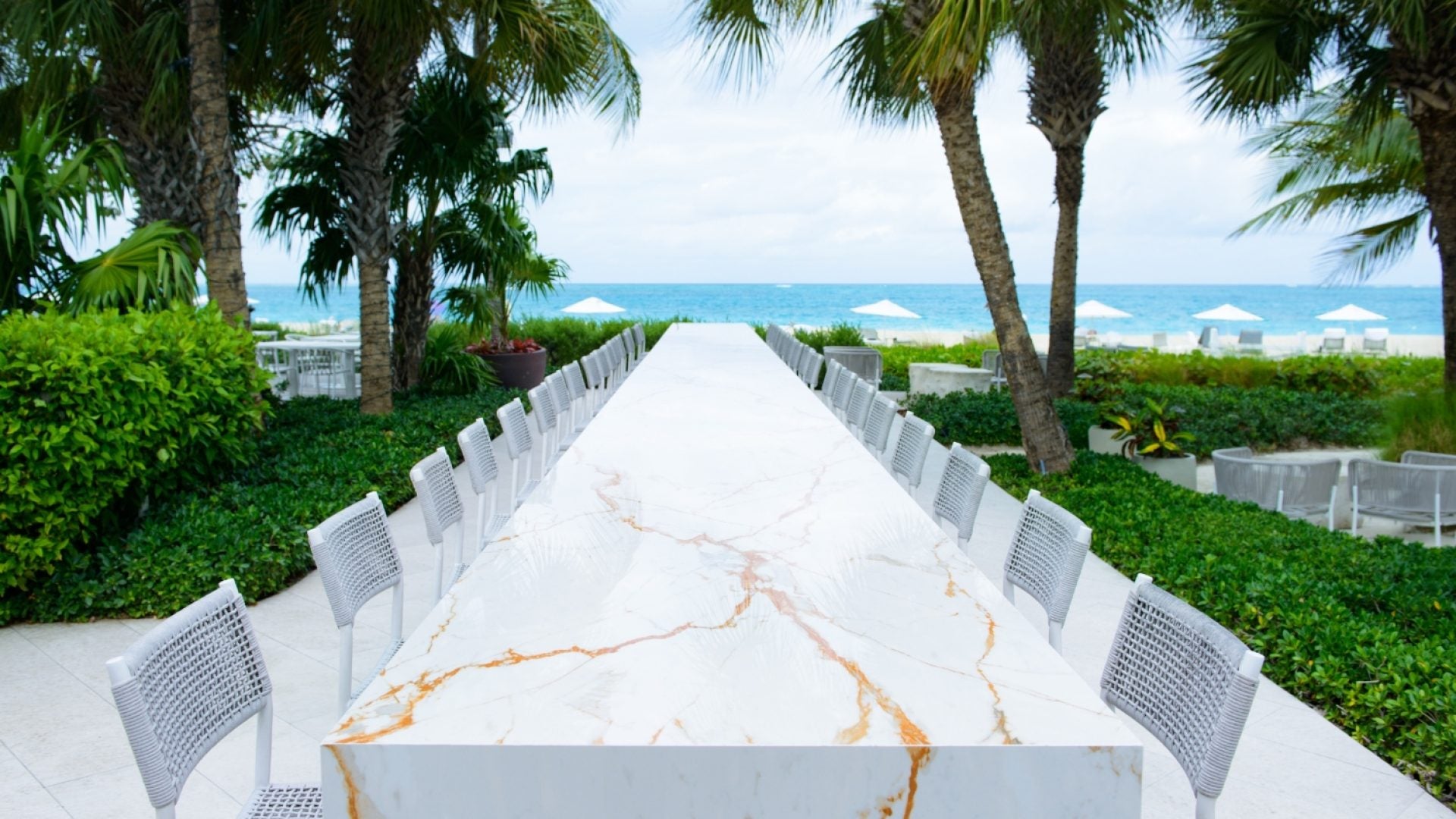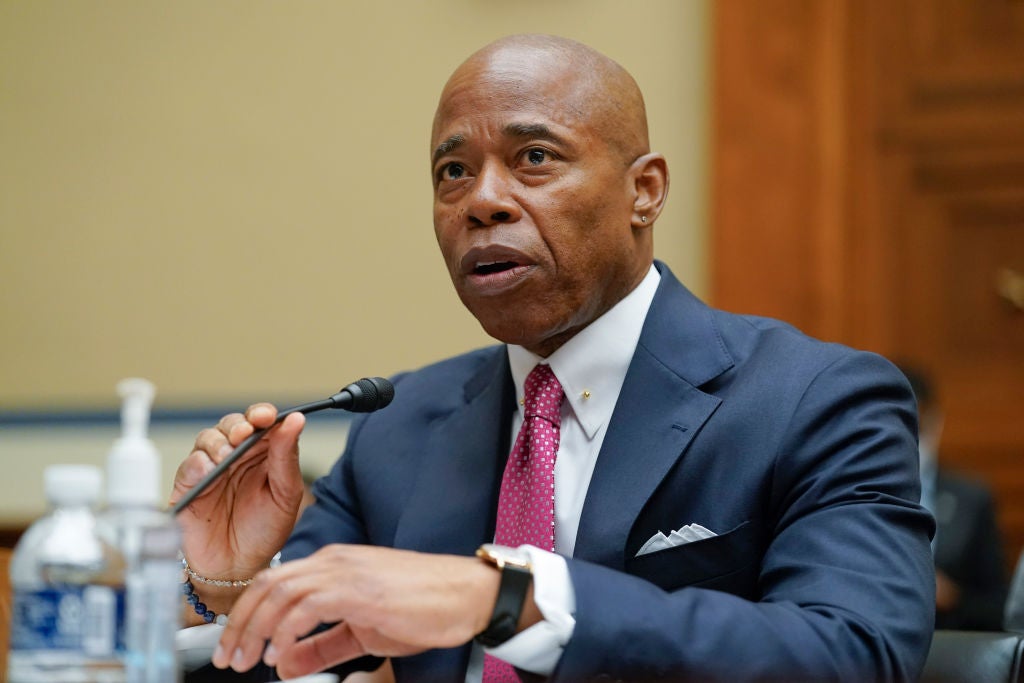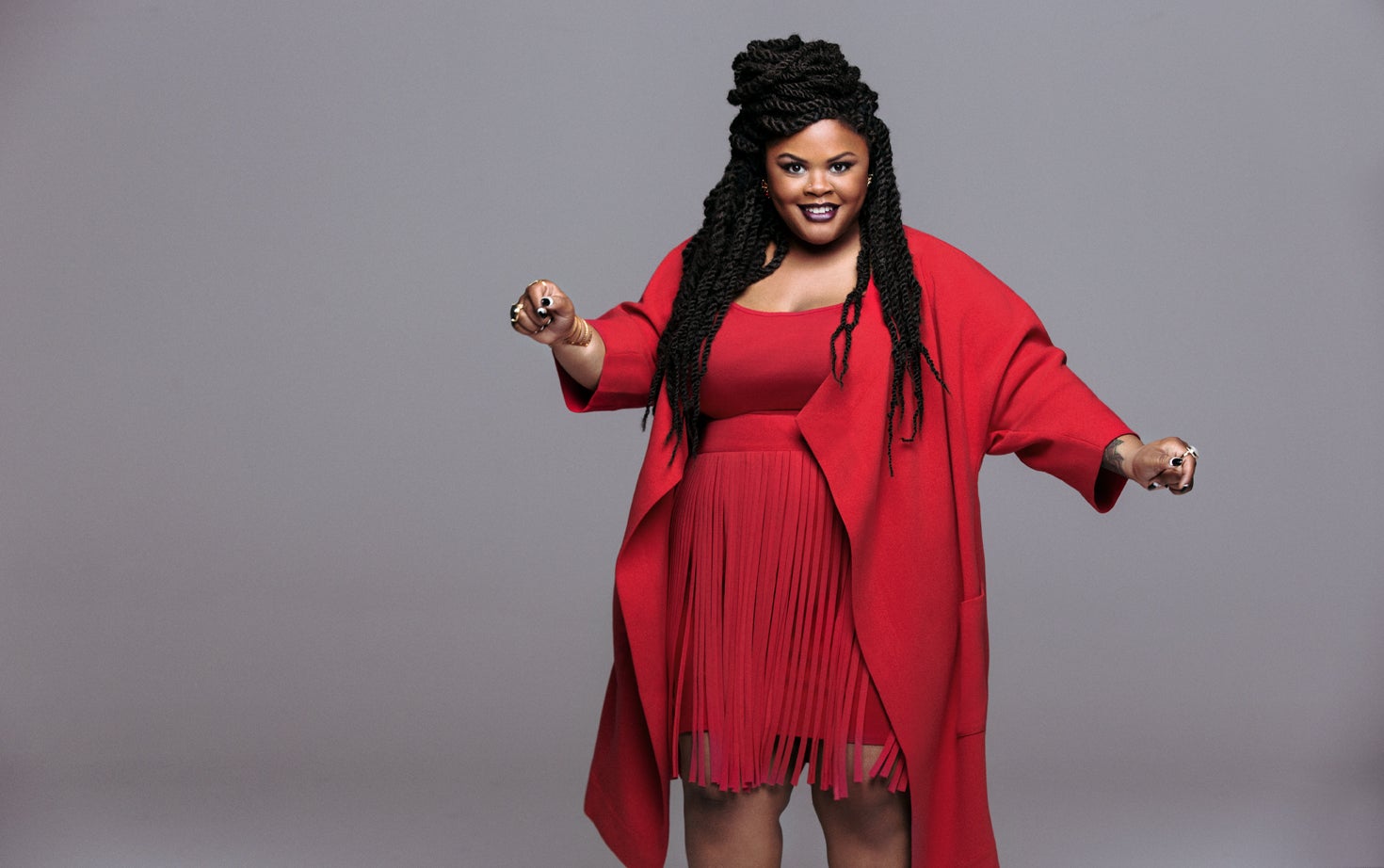
Johnetta “Netta” Elzie rose to prominence in 2014 as one of the faces of the Ferguson uprising, which led to profiles in The New York Times and The Atlantic magazine and an appearance on MSNBC as a voice of the new civil rights movement. Netta’s realness and ability to speak truth to power has taken her from obscurity to a high level of visibility.
She has 82,000 Twitter followers, including Selma filmmaker Ava DuVernay, who sent her a private message asking if she needed anything after being arrested during a sit-in at the federal courthouse in St. Louis.
Since then she has met with presidential hopefuls Hillary Clinton and Bernie Sanders and had a seat at the table with U.S. Attorney General Loretta Lynch to discuss Campaign Zero—the ten-point solution to end police violence that Elzie helped develop. The 26-year-old’s dedication to the movement has come with its share of baggage—loneliness, stress and financial instability. But Elzie grounds herself with her girlfriends, reality TV and the conviction this is her life’s calling now. Because revolutionaries speak their own truths best, here’s how Netta creates her own Black Girl Magic.
ESSENCE Celebrates #BlackGirlMagic Class of 2016 on February Cover
On how she deals with being thrust into the spotlight as a protester:
“Lots of crying. Lots of journaling. It is definitely a struggle, every aspect of my life. I’m just really trying to get over this feeling of extreme loneliness that comes with it. It’s really scary and it’s just me. I definitely have an amazing group of friends, like my friends from before the movement, and my friends I’ve made through being a protester and being in the movement [but it’s still] lonely because the people I want to be close to me aren’t anymore.”
On having personal boundaries on the frontline:
“I am an introvert. It’s an interesting struggle when people are excited to see me and I’m just like, oh my god, you’re [a] stranger. It makes me want to ball into a corner. The amount of people I used to be around, before Ferguson, was really small. I’ve gotten to the point where people stop hugging me, when they see me first, or hugging without asking. That was a really big thing. I spent a lot of time on Twitter and on Facebook expressing that I do not like my personal space being intruded upon. I understand, because some people are like, ‘Well, I’m just so excited to see you. You’re alive and you inspire me. You’re so great.’ Then, they just hug you and it’s just like, Whoa, I don’t know you. In some cases, when people ask, I’ll give them a handshake. I’m really big on energies and stuff, and I might not want of all whatever you got on me, or messing with my energy for today, so I’ll give people a handshake.”
On being judged for not being a polite protester:
“We definitely had a huge a moment on Twitter over [my public persona and being respectable]. I’m not going to stop cursing for the movement or to make people comfortable. It, actually, makes me feel a little better when I can throw in a little colorful language every once in a while. I’m a protester. We resist against the police, so I’m not trying to be cordial and polite with someone who’s pointing an M16 in my face. If a good F-bomb feels good there or, if I want to say sh– or damn or motherf—–, I’m going to do it. Protesting includes not being pretty and perfect.”
On the criticism of “social media activism:”
“Every time I hear people say it, being shady, I remind everyone, you met me or you know me because I was on the ground and on social media at the same time. It’s not hard to do both. If people want to do one or the other, that’s fine. It’s not a competition. That’s one of the pettiest things people can say. Not everyone can go be in the street. For example, when Martese Johnson was brutalized by the police at UVA, I was not going to Virginia. I was already protesting in another state. It would cost me a lot of time [to get to Virginia]. I, literally, was like, what is the number to the school? I took a picture of his bloody face, posted the number on Twitter and was like, ‘Call UVA and demand to know why this happened to him.’ We flooded the freaking phone lines for maybe two or three days until they had to have a response. They had to give an answer on what happened to him. That was a way for everyone to participate from wherever they were.”
On being true to herself, past and present:
“Everything I liked before, I pretty much still try to take small doses of it daily. I will watch trash TV. I remember, after the tear gas stopped, I started wearing my makeup and stuff and doing my hair again instead of wearing the big curly ‘fro. People were like, ‘Well, why she wearing makeup to a protest’ and it’s just like, I wore makeup before August 9th. That’s not going to change. My hair was always done. My mom was a beautician all of my life. All my hair, just everything about my hair and my makeup, I do it myself. It’s like self care for me. It’s how I relax or just calm myself down. It’s a really good way for me to think about stuff. I’ll just watch TV and do my hair or watch a movie, or watch a documentary, or go to a friend’s house and talk to do my hair. It’s really therapeutic for me.”
On bonding with the women in her life:
“My most valuable space, where I can just be like, ‘Y’all, this is really making me tired,’ is a group chat with my friends Brittany Packnett, Erica Totton, who is from D.C., and my friend, Kim Moore, who’s from California. They’re all in the movement, so they know that part of my life … We watch Being Mary Jane and Scandal together on Google Hangouts. We’ll have morning recaps of whatever shows some of us watch. We get to be normal and still talk about the movement at the same time all the time.
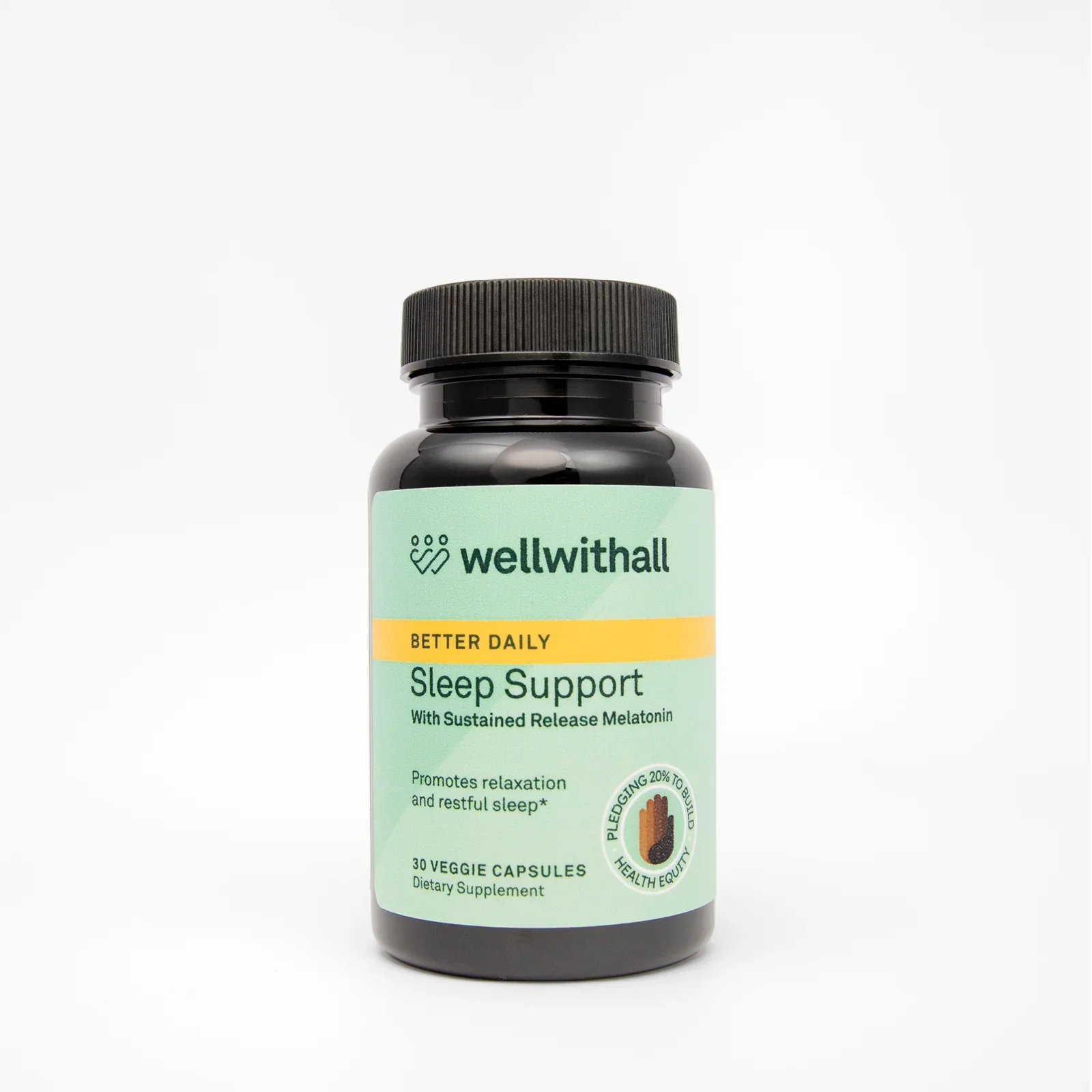

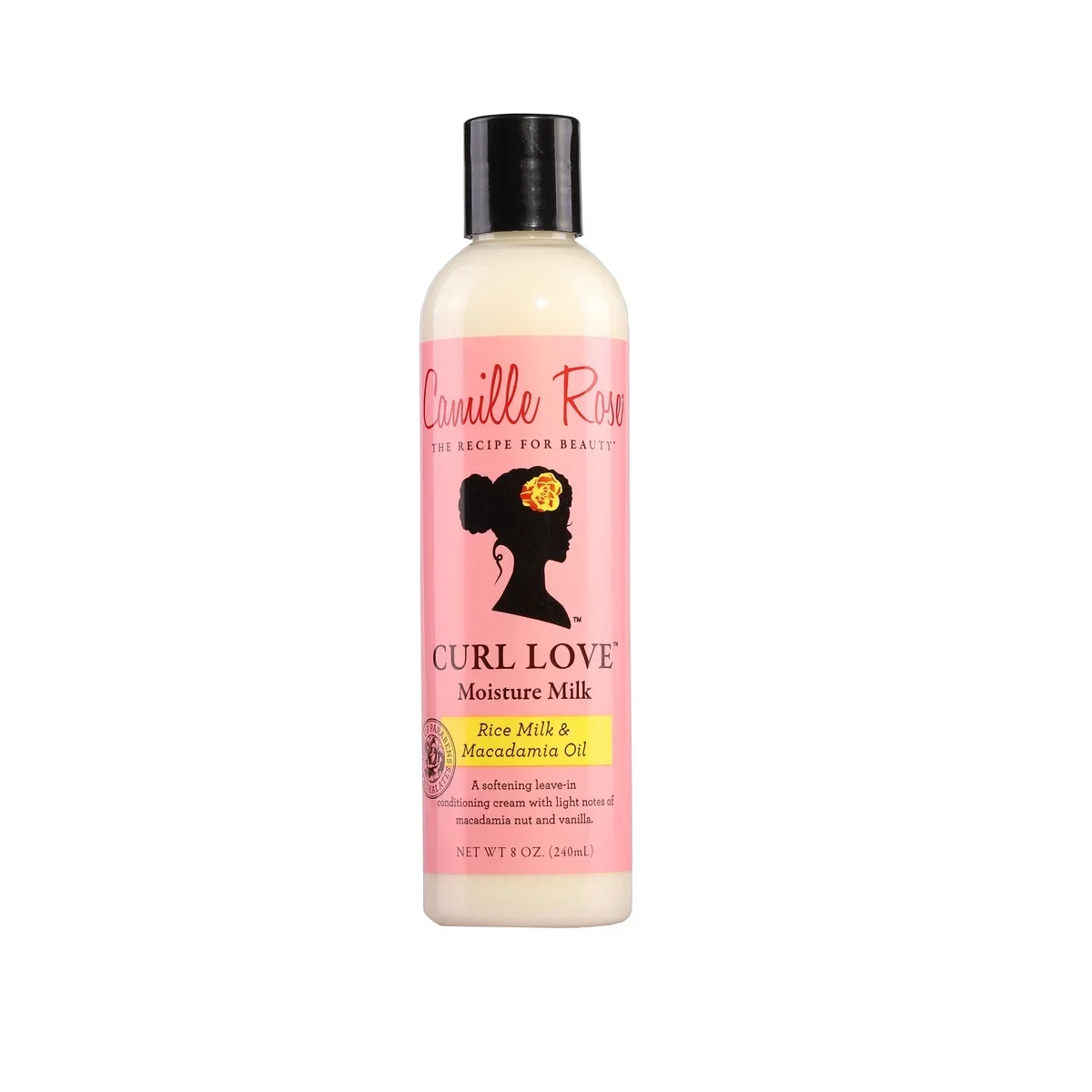
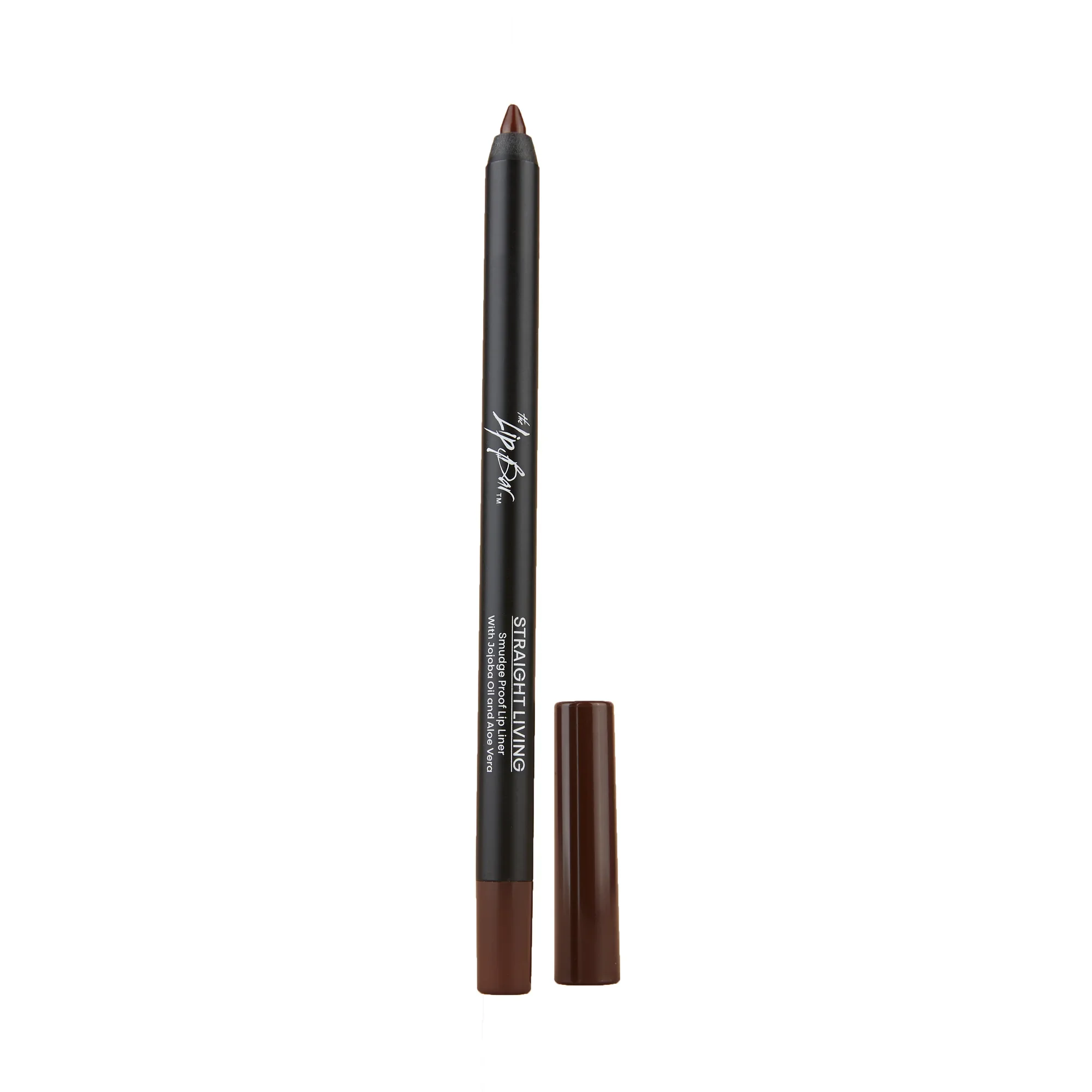
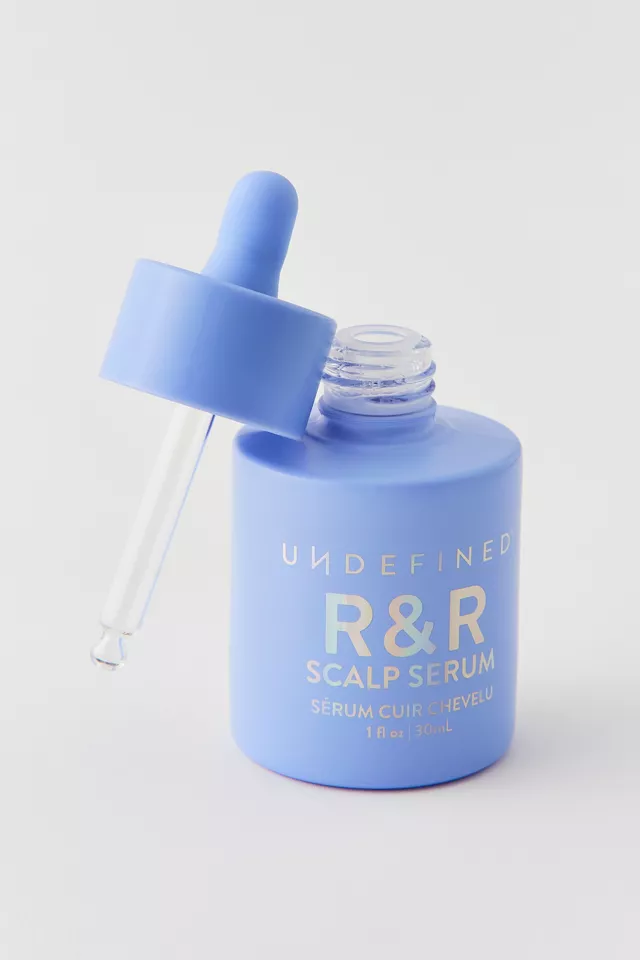
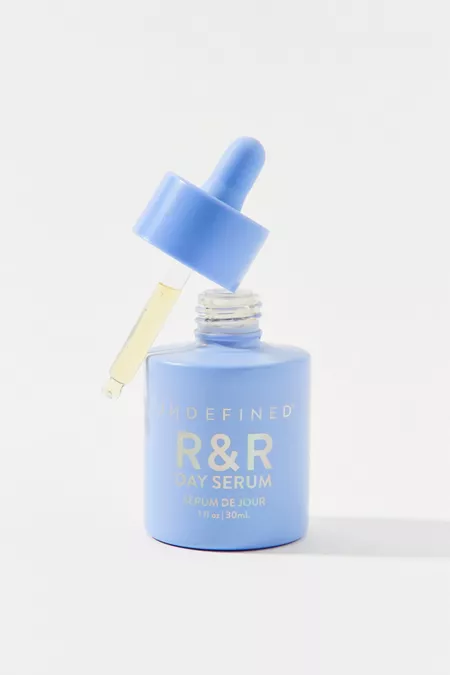
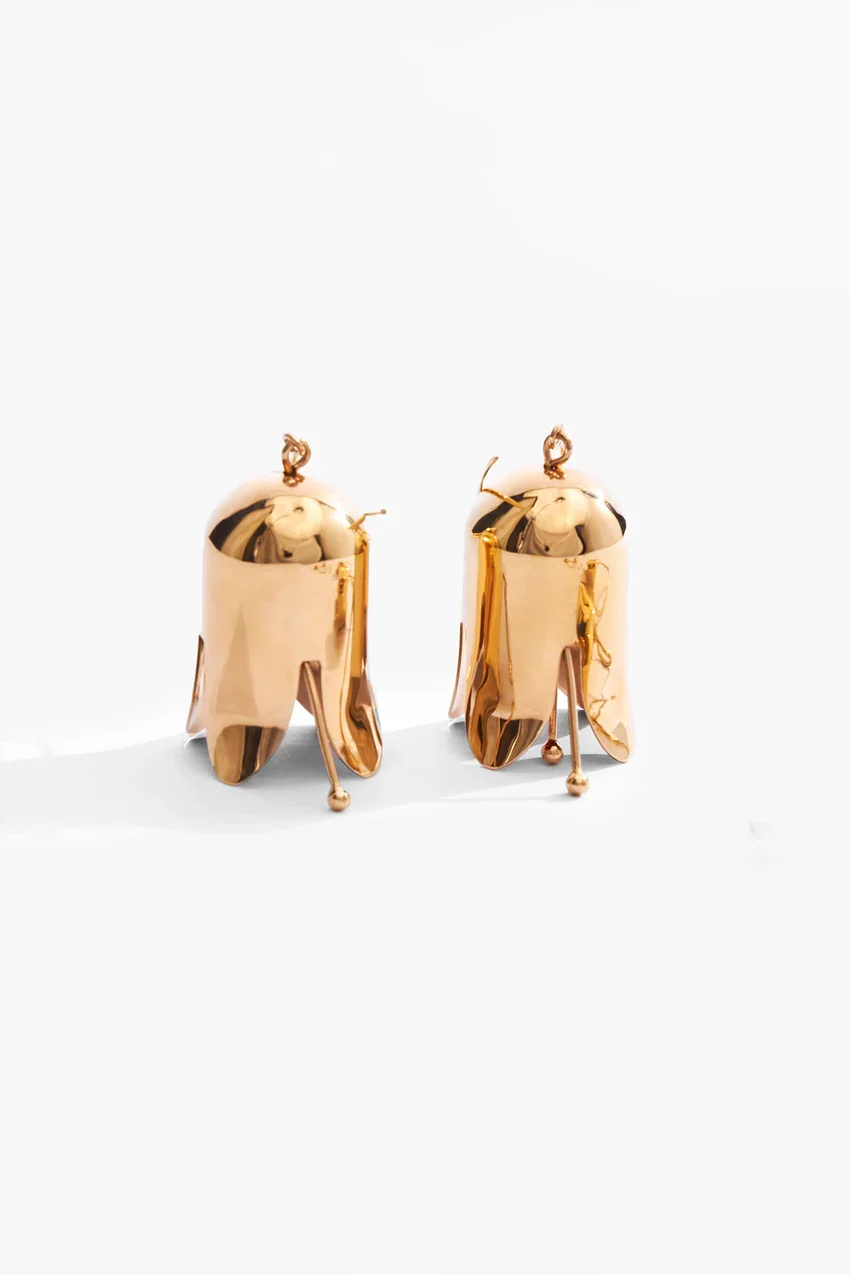
My sister brings me a lot of joy. She really puts a smile on my face. I’m always excited to just see her or hear her or be around her. Even when she talks my ear off about school and stuff that I really don’t understand, I’m tell myself, Well, I’m going to try to process the 15-year-old world. It makes me happy to be around her.”
On the Black women who inspired her:
“I want to cry but, I truly woke up this morning really missing my mama. [Netta’s mom passed away in January 2014.] The more I go through all these different things in the movement, I’m realizing she was really trying to teach me lessons. Even though I probably fought her every chance I could like, ‘No, that’s not true, that’ll never happen, I’ll never be in this situation, what are you talking about.’ My mom definitely had some hidden gems she was trying to give me, but I fought her the whole way.
“There’s this story my family tells me about when my great-grandmother built a couch back in Arkansas. They were getting on my great-grandma’s nerves, running around the house. She was like, ‘Ya’ll need something to do’ and went and, literally, got wood and all this other stuff, some fabric and cushion and whatever and, literally, made a couch for all of them to go sit on to get out of her way. I think about that every time I’m like, I can’t do or when I start to doubt myself, I think about my great-grandma. She built a couch. She can do anything. I’m definitely a medley of all of them but, I’m also my own person. We have our personal struggles. I know they can see themselves in me. I know my grandmother can see, probably predict how a situation is going to go and want to steer me away from trouble or harm or something, but I want to do things on my own. That’s the hardest struggle, right now.”
